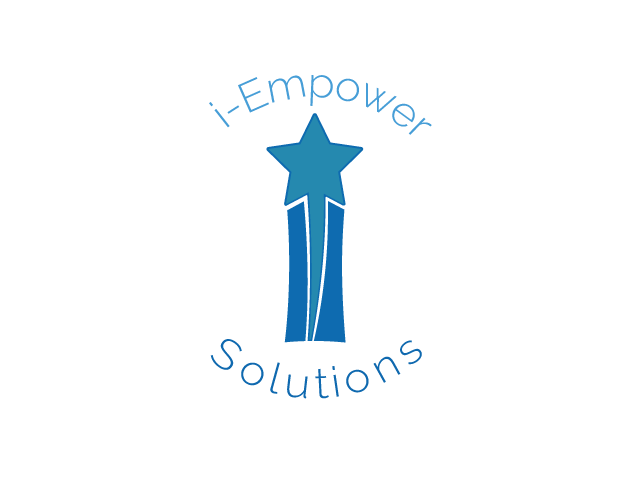Mood and Seasons
Summer is the only season with an “unofficial beginning and ending.” Although the summer solstice typically runs from around June 21st to September 21st, most activities in our country run from Memorial Day to Labor Day. In many parts of the country, schools begin around Labor Day, while in some areas, the school year starts in August. Although the weather usually remains hot in many parts of the country, summer mode ends by early September.
Seasons impact our moods. Many people feel a sense of joy and energy as the weather starts to warm up and days get longer. Most people also look forward to what summer brings, such as vacations, time off school/work, carnivals, BBQs, and trips to the beach. Saying goodbye to that can be challenging, and for some people, it interferes with their mental health.
In recent years, we’ve seen a rise in “Fall culture.” This fall culture resembles people who love pumpkin spice lattes, Uggs, pumpkin picking, and cute fall selfies. Stores are filled with pumpkin spice and Halloween decorations that bring a sense of excitement to many. Some people look forward to the cooler days and more of a sense of structure that the rest of the year provides (I’m one of those people). I’m the person who can’t wait for pumpkin spice lattes and loves to look at spooky decorations. I love cool days, the refreshing feeling of the new school year, and the holidays coming soon! But this blog is about when the change of seasons brings on feelings of depression and anxiety.
Fall and Winter can mess with some people’s mental health. Shorter days can decrease energy and increase depressive-like symptoms. Cold weather can have these same effects, but it really runs deeper than that. It brings people down because they feel like the fun is over, and we are approaching the perils of winter, like more time indoors, dealing with the stress of winter weather, flu season, and even the opposite effects of the holiday season.
It’s important to remember everyone handles seasonal changes differently. Some people are biologically made up to experience Seasonal affective disorder(SAD). Altered levels of melatonin and serotonin levels cause this. People who have existing mental health conditions such as depression or Bipolar might be at risk. Some people might benefit from light therapy or taking a Vitamin D supplement. If this significant issue significantly impacts you yearly, seeking help may be beneficial.
On the other hand, some people experience other adverse feelings. They might feel sad, scared, bored and fatigued. They might feel like “there’s nothing to look forward to” as vacations and increased time with family feel so far away. On the contrary, some may be overwhelmed by the demands of the holiday season. November and December often call for more social activities. People attend holiday parties with family and friends and at work and have the stress of gift shopping. On the flip side, some people don’t get those same cheery experiences and may become depressed as a result. Maybe they feel lonely during the holidays or don't have enough money to participate in festive activities. They might also experience increased grief of missing loved ones during the holiday season. It’s important to remember what people may be going through and be compassionate about it. Supporting each other can alleviate some of these feelings, and remember, help is always available. If this is you, going out with people and making memories during these “dark months” can help you navigate through these seasons. Remember to be kind and understanding, as we never know what battles others fight.
I hope this helps. As I see so many people talking about summer “almost being over,'“ I felt this message was imperative to share with this community. Even if Fall and Winter aren’t your favorites, every season offers something unique. I hope everyone is enjoying the last weeks of summer and has something positive planned for the next few months! Remember, there's always something to look forward to in every season.
